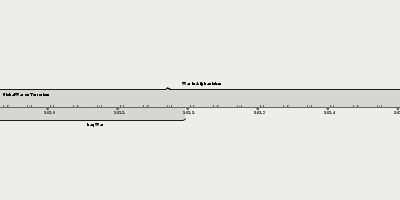Yom Kippur War (6 oct 1973 año – 25 oct 1973 año)
Descripción:
The Yom Kippur War, also known as the 1973 Arab–Israeli War, the fourth Arab–Israeli War, the October War, or the Ramadan War, was fought from October 6th through 25th, 1973 between Israel and a coalition of Arab states led by Egypt and Syria. Most of the fighting occurred in the Sinai Peninsula and Golan Heights, territories occupied by Israel in 1967. Some combat also took place in mainland Egypt and northern Israel. Egypt aimed to secure a foothold on the eastern bank of the Suez Canal and use it to negotiate the return of the Sinai Peninsula.The war started on October 6th, 1973, when the Arab coalition launched a surprise attack across their respective frontiers during the Jewish holy day of Yom Kippur, which coincided with the 10th day of Ramadan. The United States and Soviet Union engaged in massive resupply efforts for their allies (Israel and the Arab states, respectively), which heightened tensions between the two superpowers.
Egyptian and Syrian forces crossed their respective ceasefire lines with Israel, advancing into the Sinai and Golan Heights. Egyptian forces crossed the Suez Canal in Operation Badr, establishing positions, while Syrian forces gained territory in the Golan Heights. The Egyptian forces continued the advance into Sinai on October 14th to relieve the Syrian front which was coming under increasing pressure. After three days, Israel halted the Egyptian advance and pushed most of the Syrians back to the Purple Line. Israel then launched a counteroffensive into Syria, shelling the outskirts of Damascus.
Israeli forces exploited the failed Egyptian advance to breach the Suez Canal, advancing north toward Ismailia and south toward Suez to sever the Egyptian Second and Third Armies, with some units pushing west. However, their advance met fierce resistance on all fronts. Both sides accepted a UN-brokered ceasefire on October 22nd, though it collapsed the day after amid mutual accusations of violations. With the renewed fighting, Israel succeeded in advancing south, materializing the threat to the Third Army’s supply lines, but failed to capture Suez. A second ceasefire on October 25th officially ended the conflict.
The Yom Kippur War had significant consequences. The Arab world, humiliated by the 1967 defeat, felt psychologically vindicated by its early and late successes in 1973. Meanwhile, Israel, despite battlefield achievements, recognized that future military dominance was uncertain. These shifts contributed to the Israeli–Palestinian peace process, leading to the 1978 Camp David Accords, when Israel returned the Sinai Peninsula to Egypt, and the Egypt–Israel peace treaty, the first time an Arab country recognized Israel. Egypt drifted away from the Soviet Union, eventually leaving the Eastern Bloc.
Añadido al timeline:
fecha:
6 oct 1973 año
25 oct 1973 año
~ 19 days
